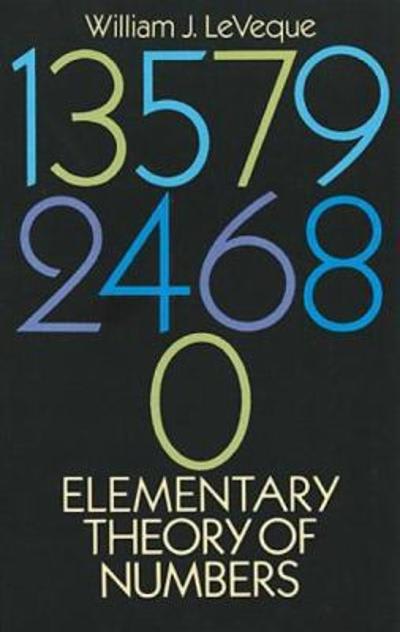Answered step by step
Verified Expert Solution
Question
1 Approved Answer
. Question 1 T 1'. It A CBS News poll conducted June 1i] and 11, EDDIE, among a nationwide random sample of 4551 adults, aske
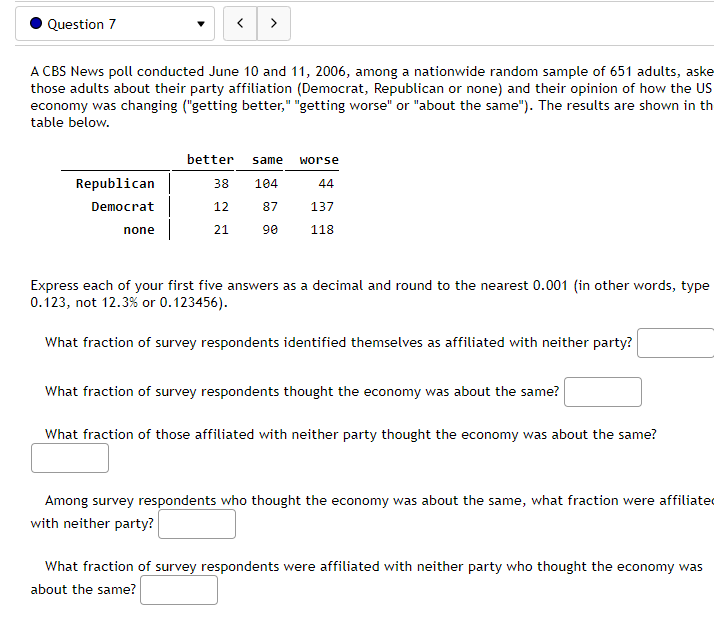
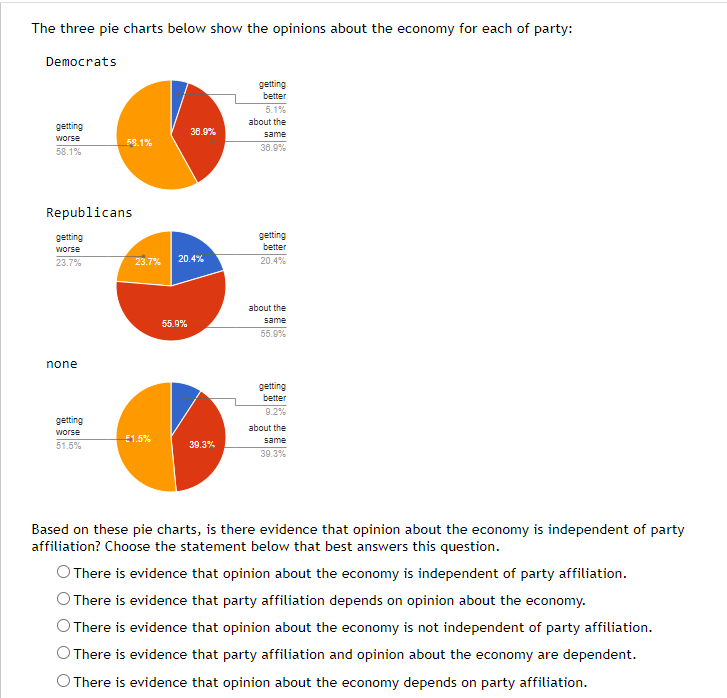
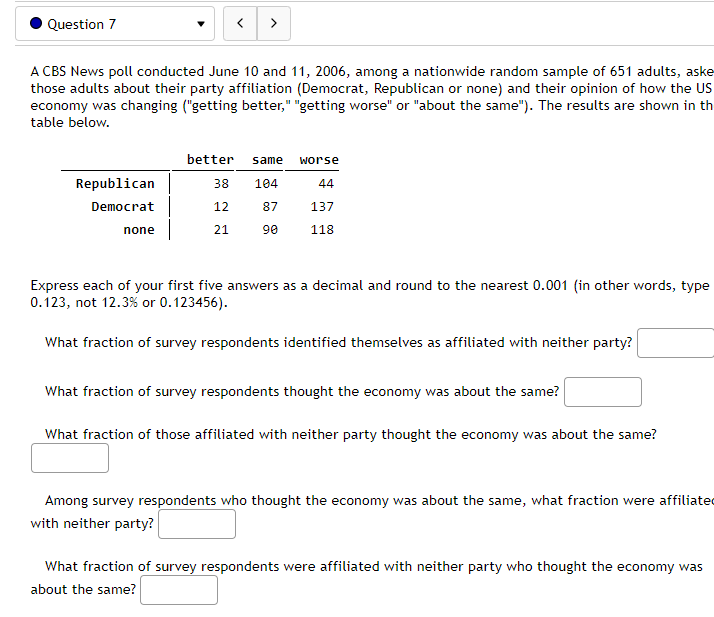
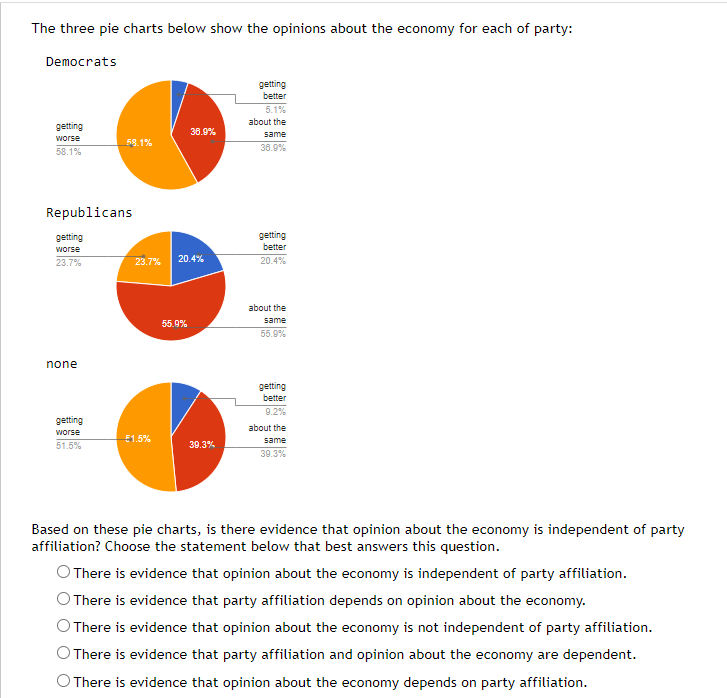
Step by Step Solution
There are 3 Steps involved in it
Step: 1

Get Instant Access to Expert-Tailored Solutions
See step-by-step solutions with expert insights and AI powered tools for academic success
Step: 2

Step: 3

Ace Your Homework with AI
Get the answers you need in no time with our AI-driven, step-by-step assistance
Get Started


